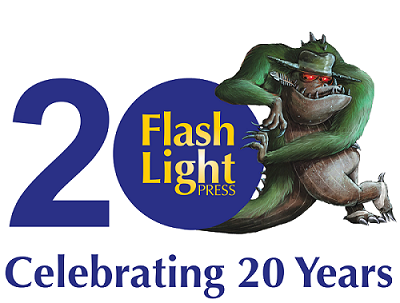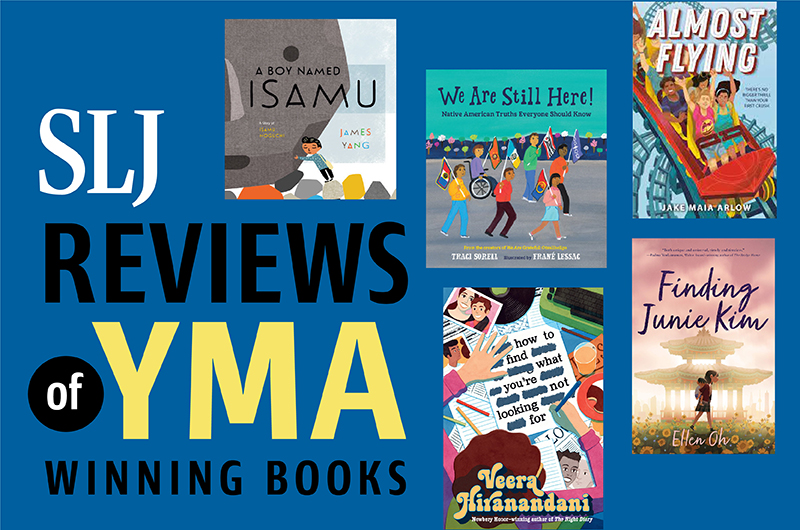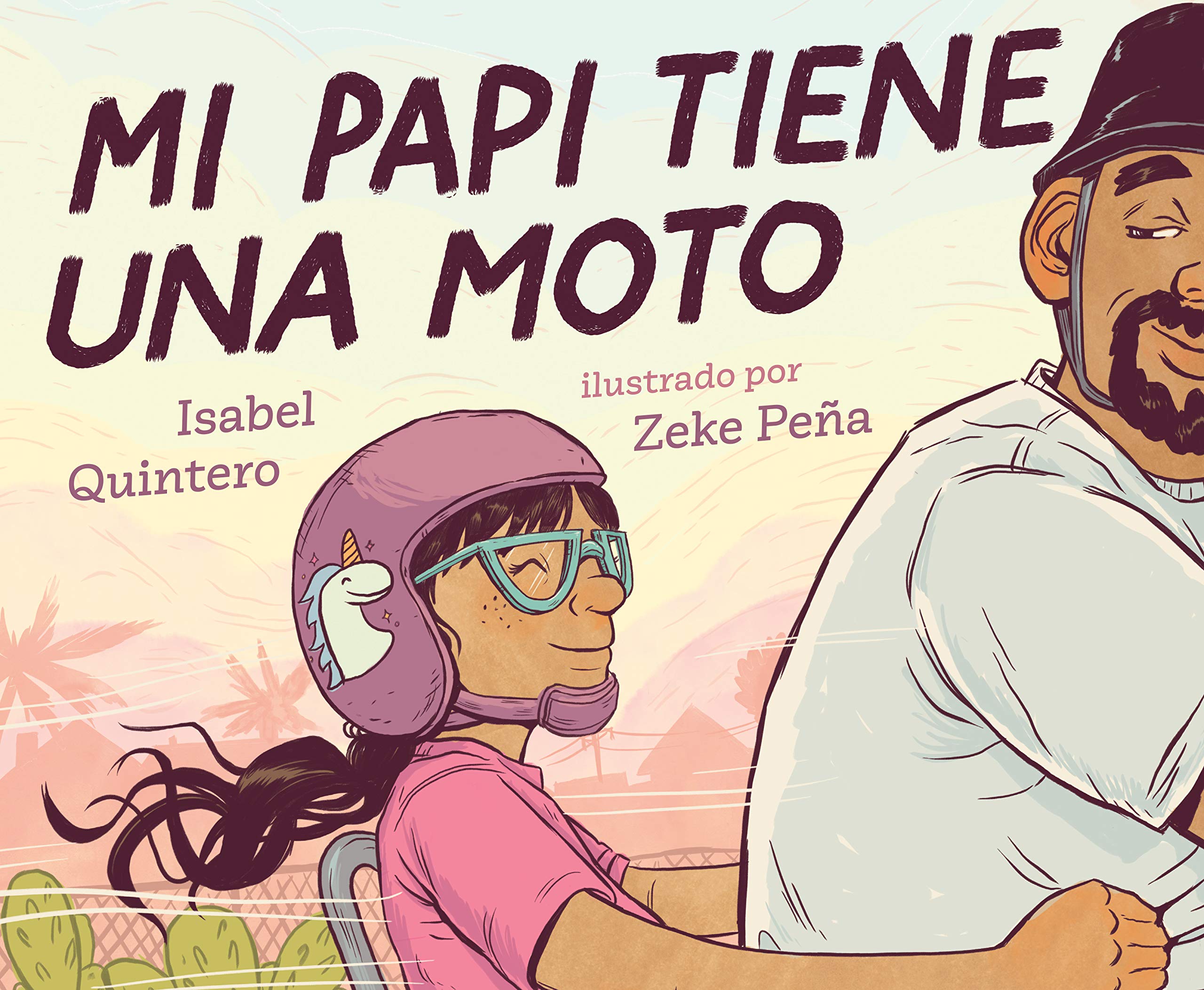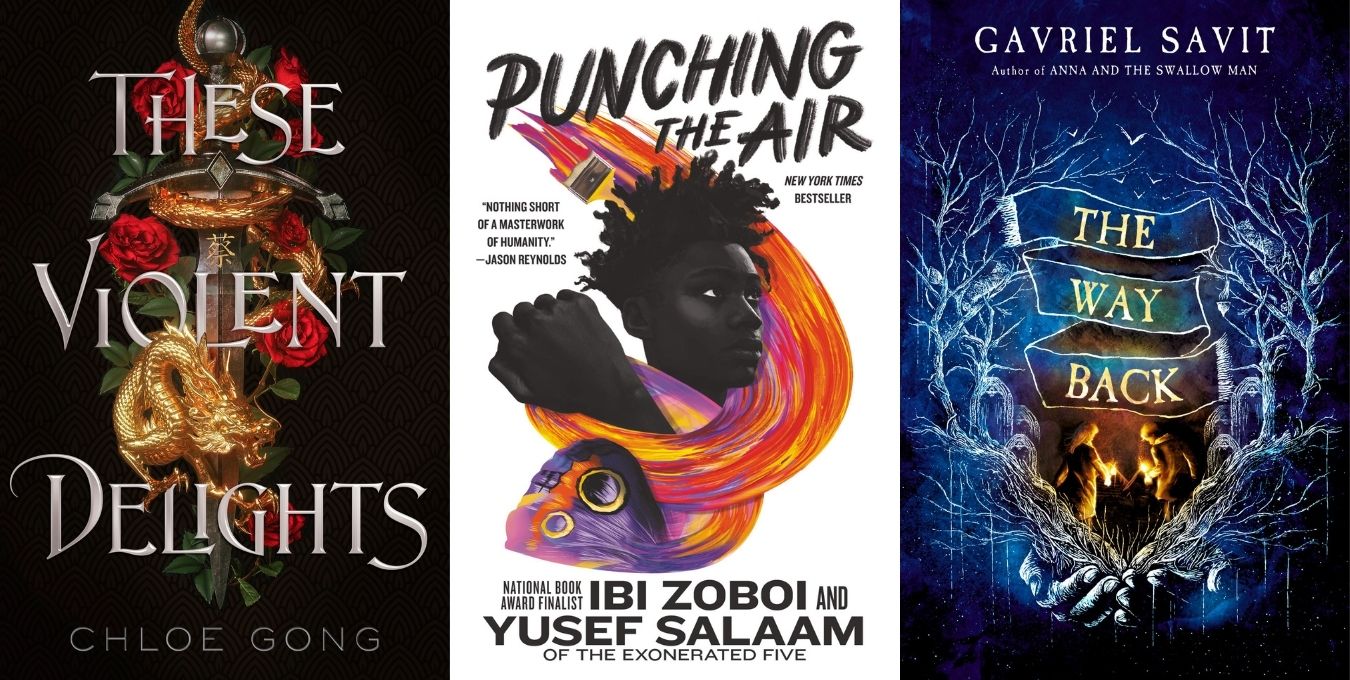The Crossover
 Speaking of the Present Tense….
Speaking of the Present Tense….
I feel like everyone was talking about THE CROSSOVER as soon as the ARC came out, and I’ve been looking forward to talking about it here. I expected the biggest question would be “the age question”, so was tickled to see Eric comment here that he can’t remember why it would possibly be considered YA. One of my favorite things about this book is how well it treads the “crossover” audience, embracing the adolescent perspective squarely from a very “safe” vantage point. I can see it going as wide as 9-15, though I think the target is around 11-13, squarely within both Newbery and Printz territory. We can count on it being considered by both, though it’s harder to tell how well it will fare.
Voice and style here stand out to me. I’m pretty critical of novels-in-verse, as I think they usually fail to be a good novel, or good verse, and often both. Here, the style matches the narrative perfectly, and Alexander shows his chops at rhythmic free verse. He utilizes line breaks and form in service of narrative tension and voice…this isn’t just prose chopped off after a few words. We get to know Josh first through his voice, on the very first page, and here, the immediacy of the present tense seems justified, as each poem can be taken as a present tense snapshot, moving us forward with spaces between where we’re allowed to imagine what else is happening.
ADVERTISEMENT
ADVERTISEMENT
The character development as shown between Josh and his brother, Josh’s devotion to the sport competing with his devotion to the game, and his growing pains regarding friends and girls, is very effective. The novel starts to show some thinness around the characters of the parents, who feel more and more like plot devices as the narrative moves on, and so the plot a device itself, instead of reality. I think this is one of those treacherous areas with a novel-in-verse… traditional plot just doesn’t seem to fit comfortably there, and it starts to feel like the author is insisting we follow the arc. Of course, if it doesn’t, we tend to say we feel the book doesn’t “accomplish” as much as a novel does. (Does the Newbery practice novel favortism is an age old question…) But if I set aside these novel question here, I see a Newbery contender just in the short-form presentation of Josh as a character: his passion, his questions, his joys and frustrations laid out on the tongue so you can feel them like the ball in his hand.
(SPOILER UPDATE. There are spoilers in the comments below, so proceed forewarned.)
Filed under: Uncategorized
About Nina Lindsay
Nina Lindsay is the Children's Services Coordinator at the Oakland Public Library, CA. She chaired the 2008 Newbery Committee, and served on the 2004 and 1998 committees. You can reach her at ninalindsay@gmail.com
ADVERTISEMENT
ADVERTISEMENT
SLJ Blog Network
One Star Review, Guess Who? (#206)
“Complex social dynamics exist in the simplest of conflicts.” A Kyle Lukoff Interview on Sorry You Got Mad
UnOrdinary | Review
Navigating the High School and Academic Library Policy Landscape Around Dual Enrollment Students
Take Five: New Middle Grade Books in July
ADVERTISEMENT








I enjoyed this book so much more than I thought I would. I enjoyed the great characterization that you mentioned, as well as the emotional heft. Despite predicting what was going to happen at the end, I was pleasantly surprised by the emotional gut punch Alexander delivered. And, the middle school sports milieu felt very real to me. Too often, I read sports’ scenes and roll my eyes at them because something or other is exaggerated or too stereotypical. The scenes in The Crossover contained truth. Novel-in-verse is not even close to my favorite genre, so my reaction to this one completely surprised me. It’s great to have surprises like this, isn’t it. 🙂
I’m with you all the way on this one. Alexander, to my mind, nails voice and style. My quibble was I didn’t think it was necessary for —SPOILER — the father to die. Just felt too predictable. That said it isn’t a fatal flaw:) for me and I’ve got it on my goodreads Newbery longlist. I’m so glad to know that you, a poet and very tough on verse novels:, liked it too.
Thank you for the spoiler Monica, you could have made your point without the reveal. I’m halfway through, now I don’t have to finish it. Thanks.
Kathy, I’m sorry! I do hope you will read it to the end as it has so much that is wonderful all the way through.
Kathy, I’ve put a spoiler update at the end of the post, which I hope is helpful to the next person. This reveal is the least part of the story, which is the point Monica is trying to make. We do include spoilers in our posts and comments, since it’s impossible to discuss them in a Newbery context without discussing the entirety of the work, but I’ll try to make sure they are appropriately highlighted.
I’m not sure I think this one is as strong as you and Nina do, Monica, but I agree that the father’s death weakens it. It strays a little bit too close to bathos at that point.
(And I think it’s perfectly acceptable to reveal spoilers on a Mock Newbery discussion blog. I could say more, but I’ll hold my tongue because I’m feeling dangerously grouchy today.)
I think another wonderful example of this melding of voice and style is “Caminar” by Skila Brown.
It’s often said a particular problem with verse novels is maintaining a consistent high standard in the quality of verse and also the necessity of verse. I liked THE CROSSOVER, but felt the verse didn’t meet this consistently high level of “quality and necessity.” (Though it’s highs were spectacular. That opening? Wow.) I actually had the same issue with BROWN GIRL DREAMING. I appreciate what people like about both these books, but I think both arguably have some “filler.” I think CAMINAR and HOW I DISCOVERED POETRY do better in this respect, though I wouldn’t necessarily rank them higher than the others. (Is this a particularly strong year for verse novels? I also liked MISS EMILY.)
Leonard, I have yet to fully read all the verse novel contenders, so I appreciate your comparisons here. I didn’t finish CAMINAR….I recognized a high quality of verse, but I felt that the voice was more vivid and authentic in CROSSOVER. I think that verse novel/collections, as well as short story collections, often get unfairly knocked for uneveness. It is impossible not to have a difference in quality, or effectiveness for reader, from poem to poem. I think that what CROSSOVER does exceptionally well is to set a rhythm that allows for high quality engagement throughout….it never flags, it has a rhtyhm that accelerates and deccelerates in an engaging way.
I liked this one very much, although I don’t automatically think Newbery. I’ll have to think about it some more.
Speaking of the ARC, the new cover is a big improvement over the other one.
While the ending might be predictable because of the frequency of deceased parents in children’s books (and no, I don’t care about spoilers because these discussions should allow us to discuss books in their entirety if we are, in fact, discussing them in terms of award eligibility), this didn’t bother me. To be honest, I don’t know that kids reading the book would find it as predictable as we adults do.
I was actually happy to see the subject of heart disease among African Americans discussed in children’s/ya lit. There are multiple reasons why people don’t get treatment, from a historical lack of health care to fear of health professionals rooted historically in unjust medical experimentation of the past, and the father’s continuous refusal to seek medical attention fit in with this historical and present reality. It’s one of the many things that made this story feel real to me. We could probably also discuss the ways his refusals to go to the doctor are gendered and situated in notions of masculinity, as well. I suspect it’s all connected with this character and with the ways our narrator filters his reactions to this situation through his fears for his father.
Anyway, I don’t think we should discount the way this storyline is culturally grounded in reality simply because it might feel like an overdone children’s lit trope to those who reside outside of that cultural perspective.
Interesting – to me, a dead parent at or near the beginning of the story is a familiar trope, but not so much the parent who dies during the story (particularly near the end).
For that reason, I did not expect the father to die, and I thought the story might have been better without it (not because of it being a trope, or not being expected, but just because it seemed to take the story in a less productive direction, to me at least).
But I agree that the reasons the father didn’t go to the doctor sooner were believable, well supported in the story (i.e. not dropped in all at once, but woven in) and well handled. And I thought that Josh reacted in a believable way to the health discussions he overheard.
I think the development of Josh’s character, his changing interactions with his brother/friends/team, and the family life, were all done very well. I rate this book highly, though so far I think I rate Brown Girl Dreaming and Revolution more highly (and am finishing Greenglass House and may say the same there). But then, the flaw in Revolution seems larger than the flaw here.
Genevieve – I should have actually expanded that to dead and/or sick. I regretted not doing so after posting. The sick parent is actually very much on my mind right now, as I just finished Nightingale’s Nest (about which I have many thoughts). Also, Greenglass House is next in my stack and I’m looking forward to it.
This is the first book with Newbery buzz that I feel really has the potential to win gold. I am actually a little tired of the verse format, and would’ve preferred Brown Girl Dreaming and Caminar with some prose interspersed with the poetry. BUT Crossover lends itself so well to verse. I really like how the different poems reflected Josh’s energy and mood. I loved how they played with the actual text, too. Of course, the writing and the storyline was powerful.
Jenni, I agree. It’s hard to speculate, but I also wondered whether THE CROSSOVER might not have benefited from saving verse for specific times: say, on the court, or (musical-like) for times of heightened emotion.
I agree that also would have been effective, but unlike Brown Girl Dreaming and Caminar, I feel like the use of verse throughout Crossover told the story as effectively as prose would have.
This one is definitely in my top 5 right now, which says a lot since I don’t like verse novels or basketball. I think this stands out in terms of style and Josh’s character and voice. And I felt the verse worked well through the entirety of this one. I did feel like Brown Girl Dreaming had quite a bit of filler. It made the difference between 5 star and 4 star reads when I rated them on Goodreads.
As for the father’s death, I was fairly impressed by how it happened so close to the end of the book and yet the story still had closure. I like that the book wasn’t ABOUT losing a parent. The devastations and fear were nicely folded into the story, but it is really just about Josh and his changing life and relationships. I loved that.
(And oh my goodness, OF COURSE the discussion of books for the Newbery are going to include spoilers. It’s the nature of the beast.)
When talking about style, theme, character, plot, and setting I would offer that the author’s choices in THE CROSSOVER twists each element into a tidy bundle that delivers the goods. This will be the book I use to discuss theme with my students. Pretty darn easy as the title leads the whole discussion.
Like many of you Josh’s father’s death took me by surprise but as Brandy said this was never a dead parent book rather a story of change and challenge and moving to the next move. As was said earlier the author laid the groundwork for the death.
On non-Newbery reasons to champion this book: boys, sports, non-down-trodden-characters-of-color. I couldn’t be happier to have this book on our shelves. I hope there’re more to come. (Mine seems to have walked out of the library without giving notice and I couldn’t pull out the examples I wished.)
Thank you for bringing up the fact that the main characters were two young African American men raised by successful and educated parents. Oftentimes, a character that fits in those categories seems to be a token supporting role.
Re: last paragraph. All these are reasons I loved The Great Greene Heist as well. I’m looking forward to reading The Crossover.
THE GREAT GREENE HEIST was a blast!
Loved this one! I happened to look at it for the Printz Award and agree about “the age question”. It’s firmly in the middle. It’s too bad, though. I was completely charmed by it.